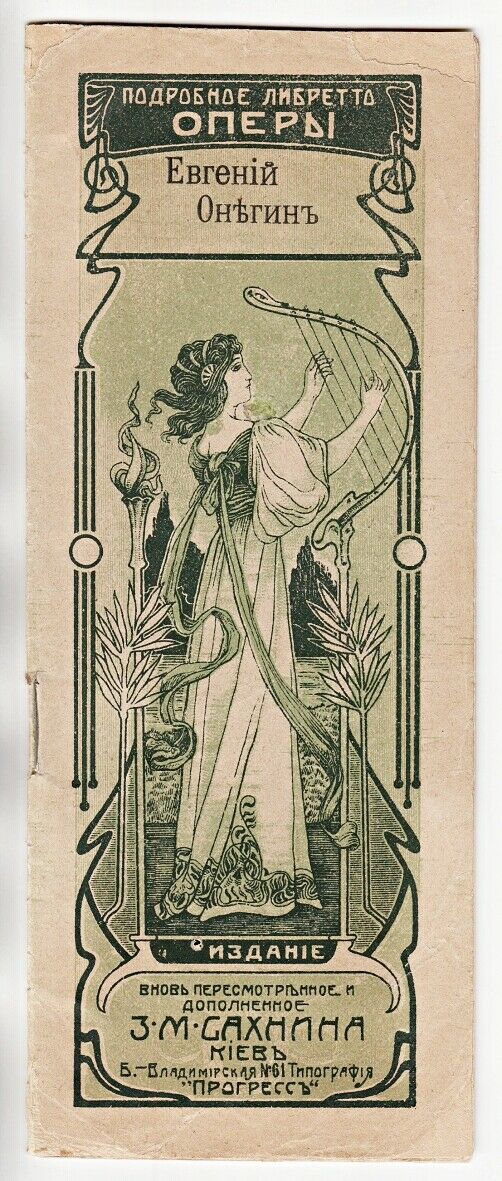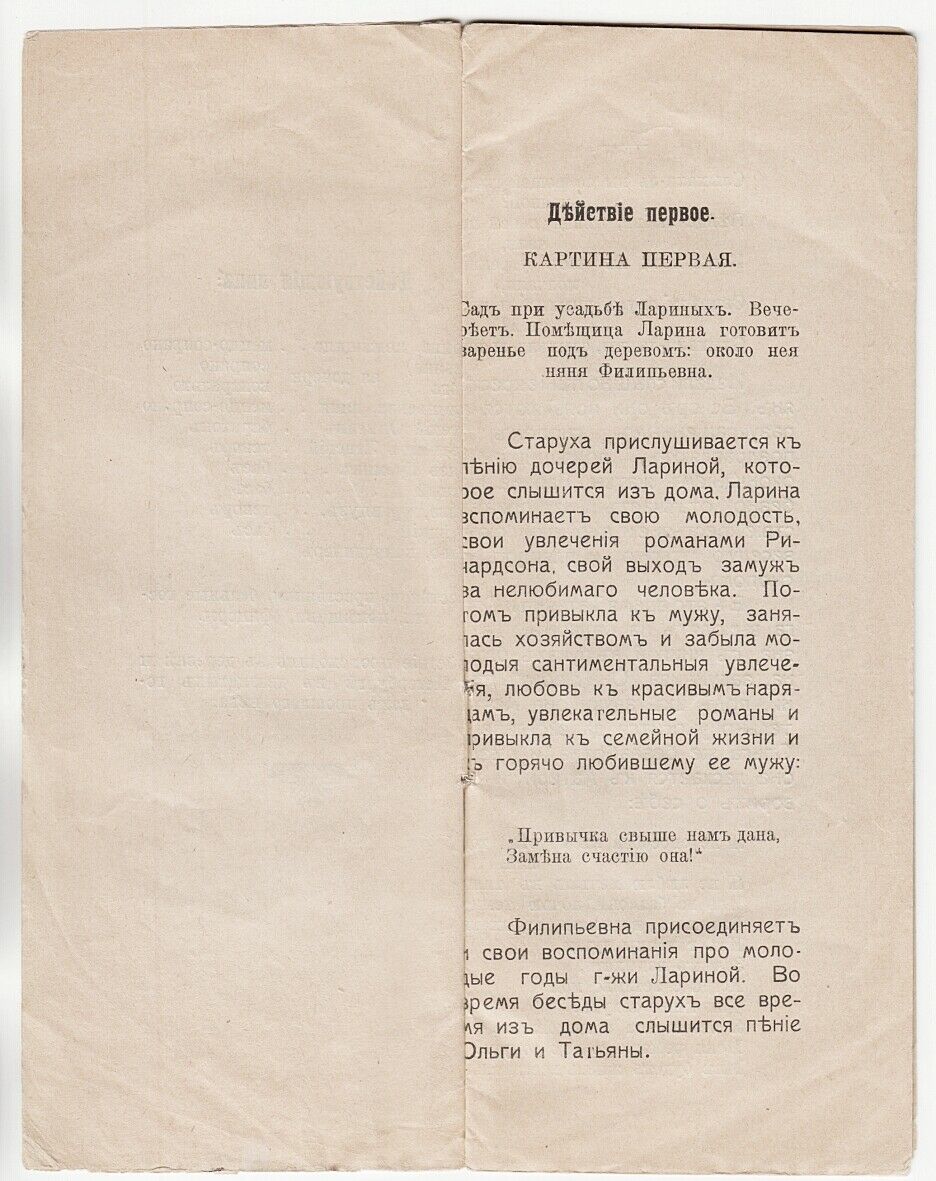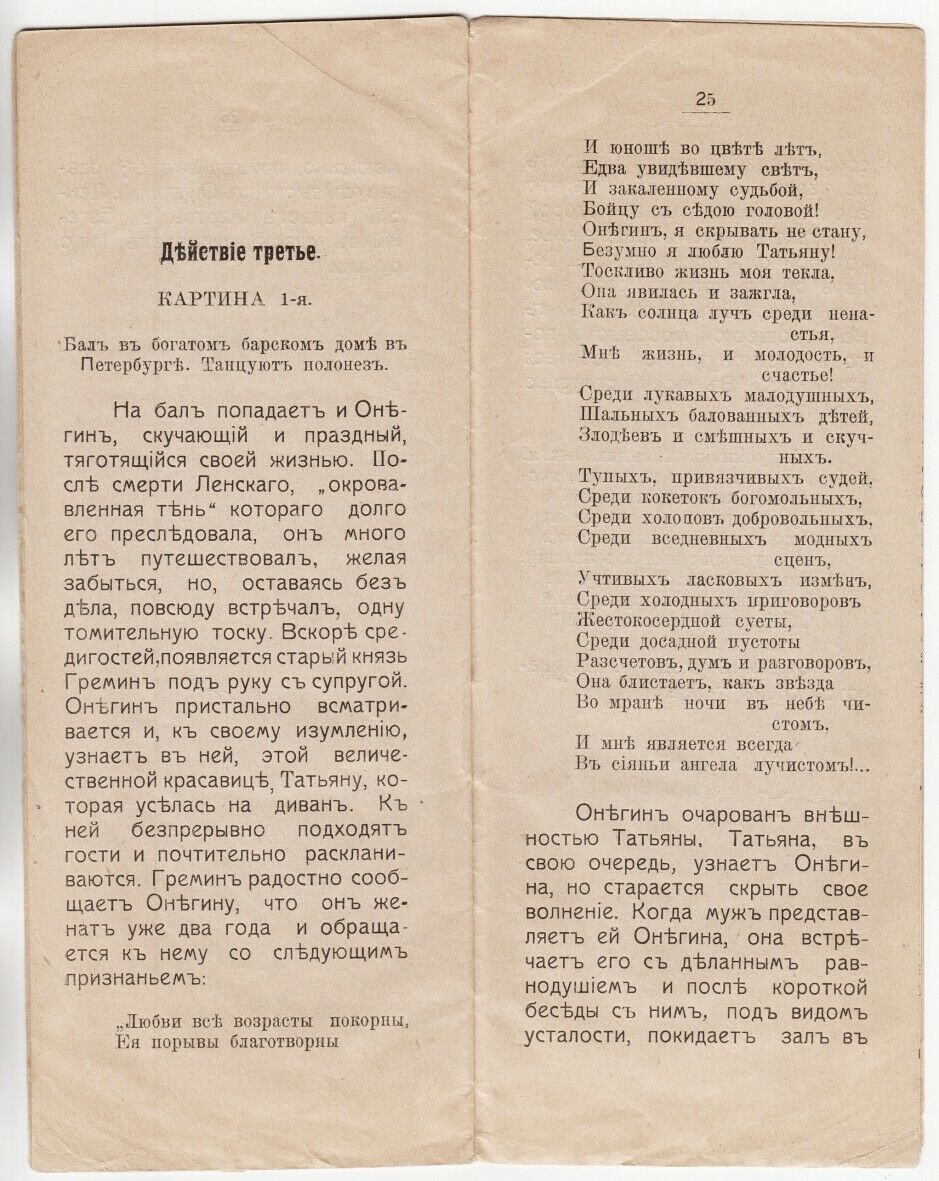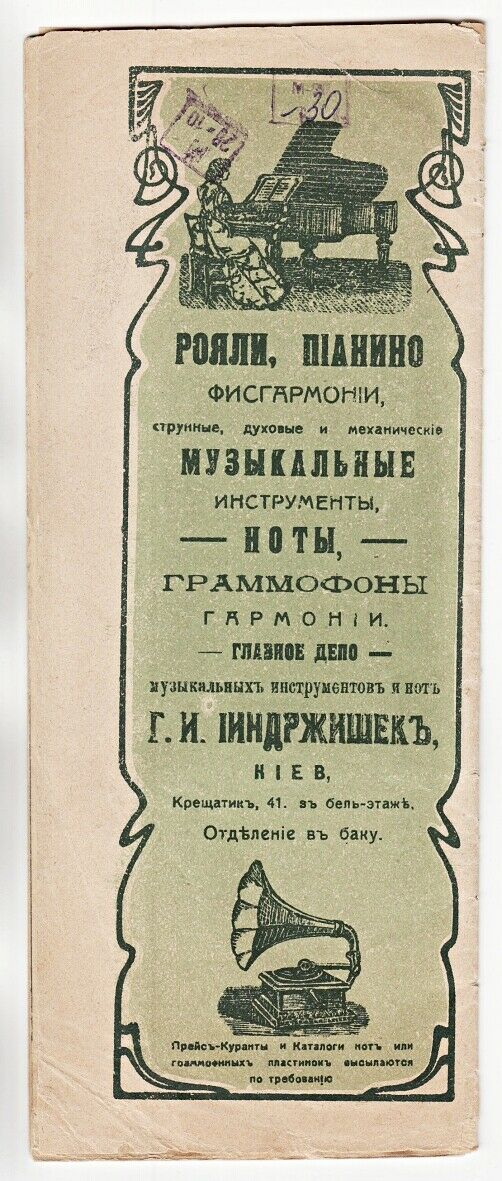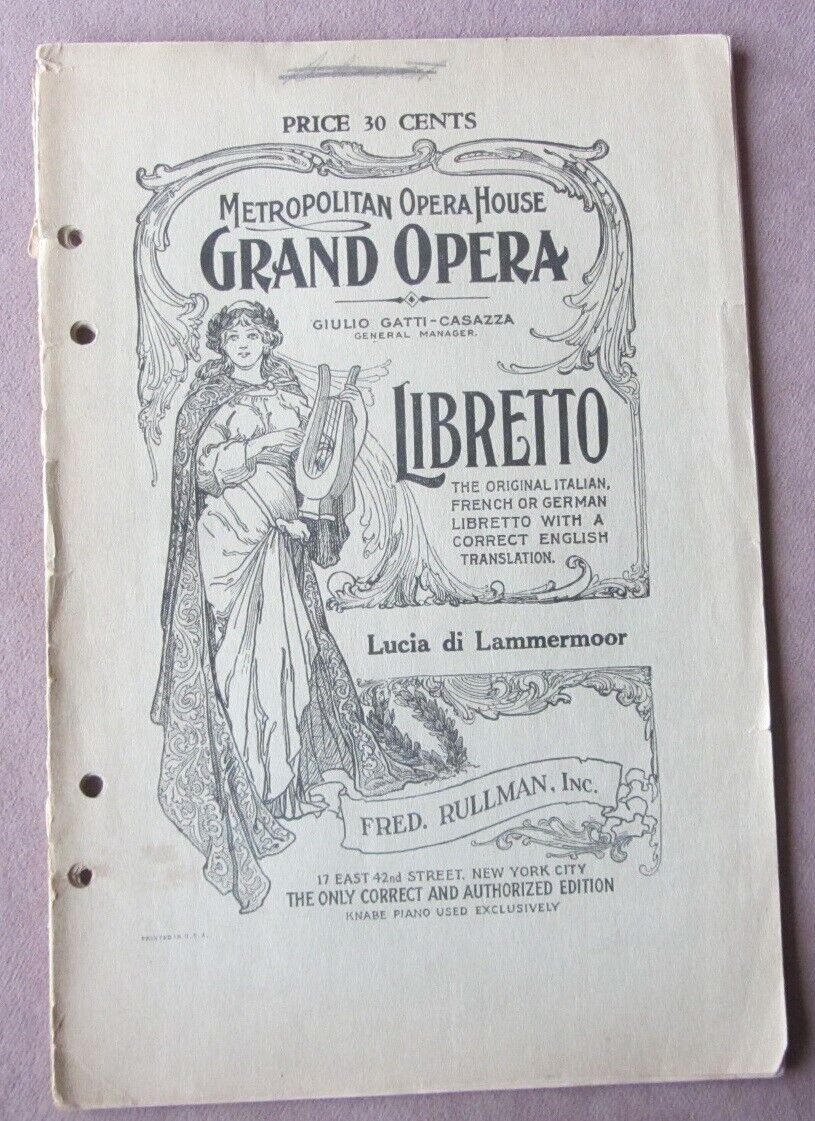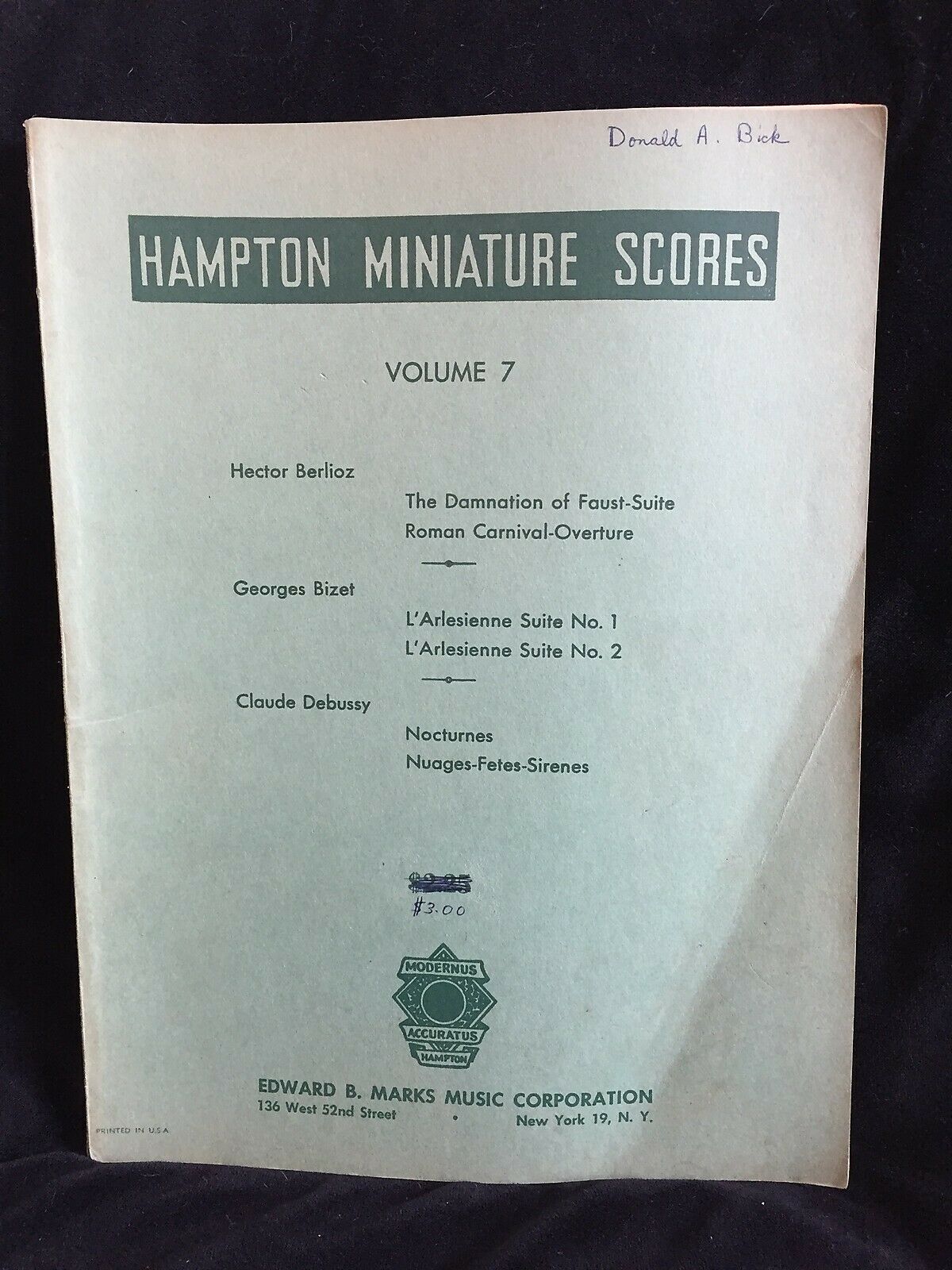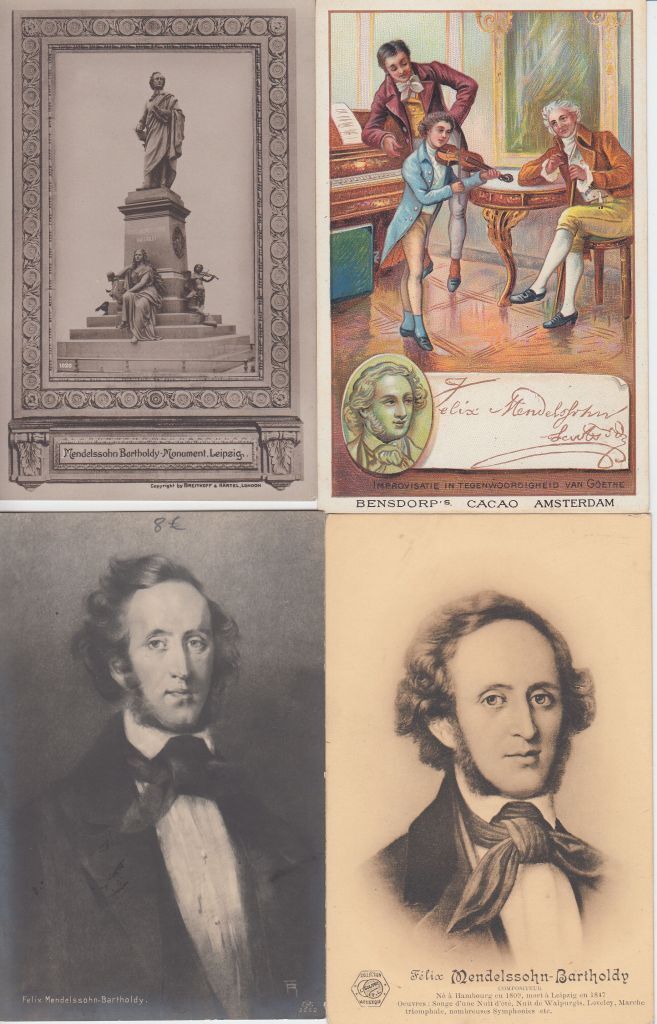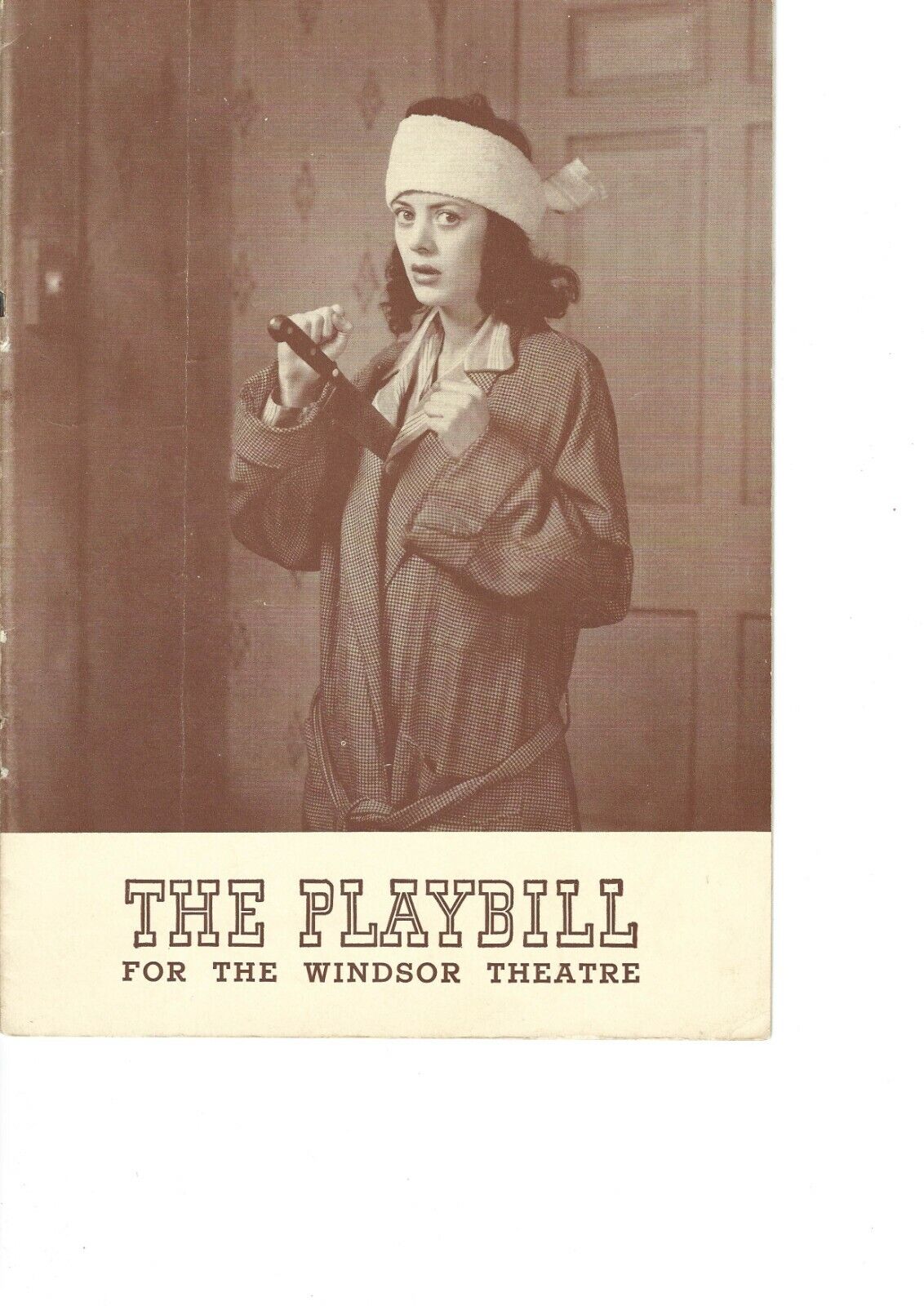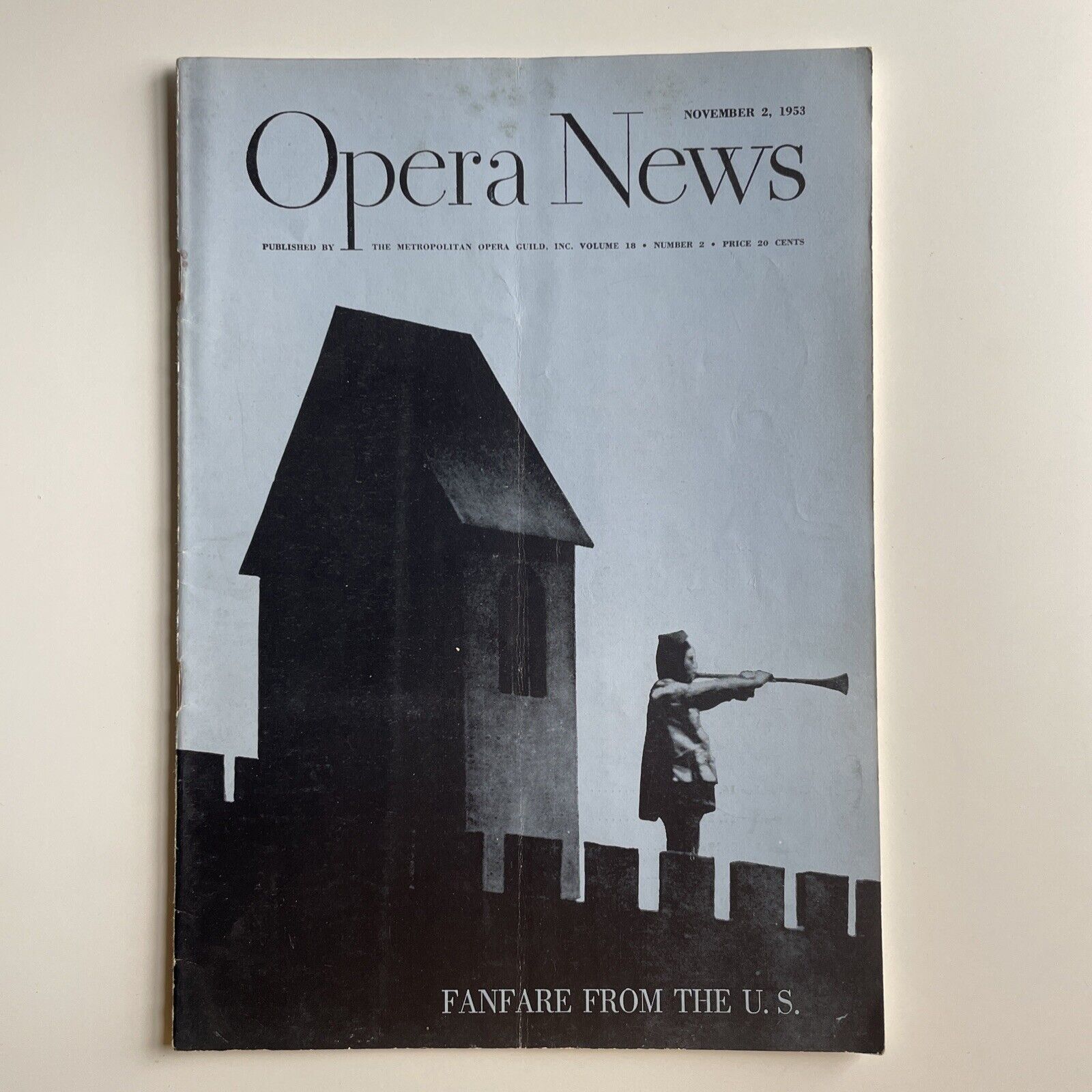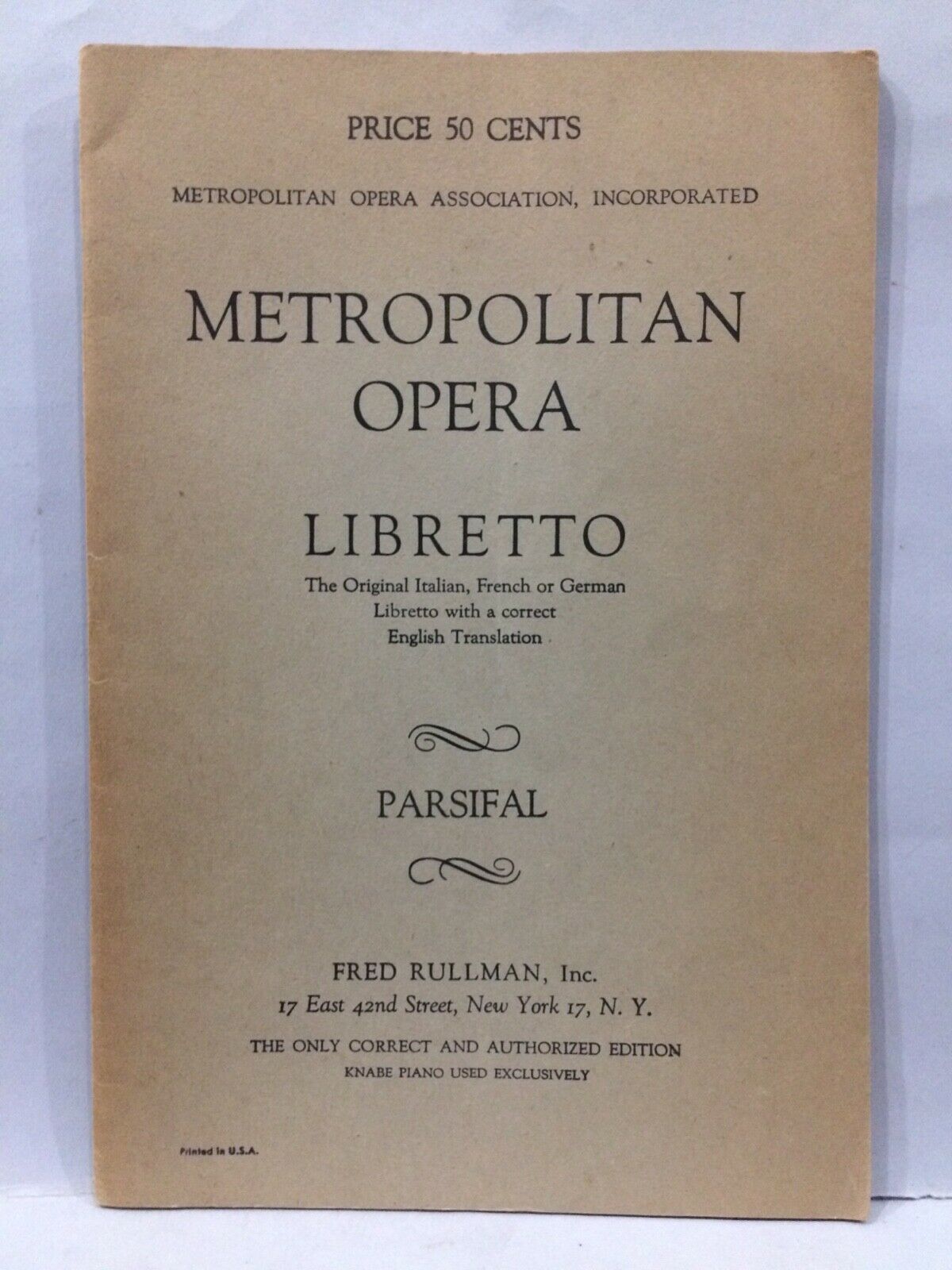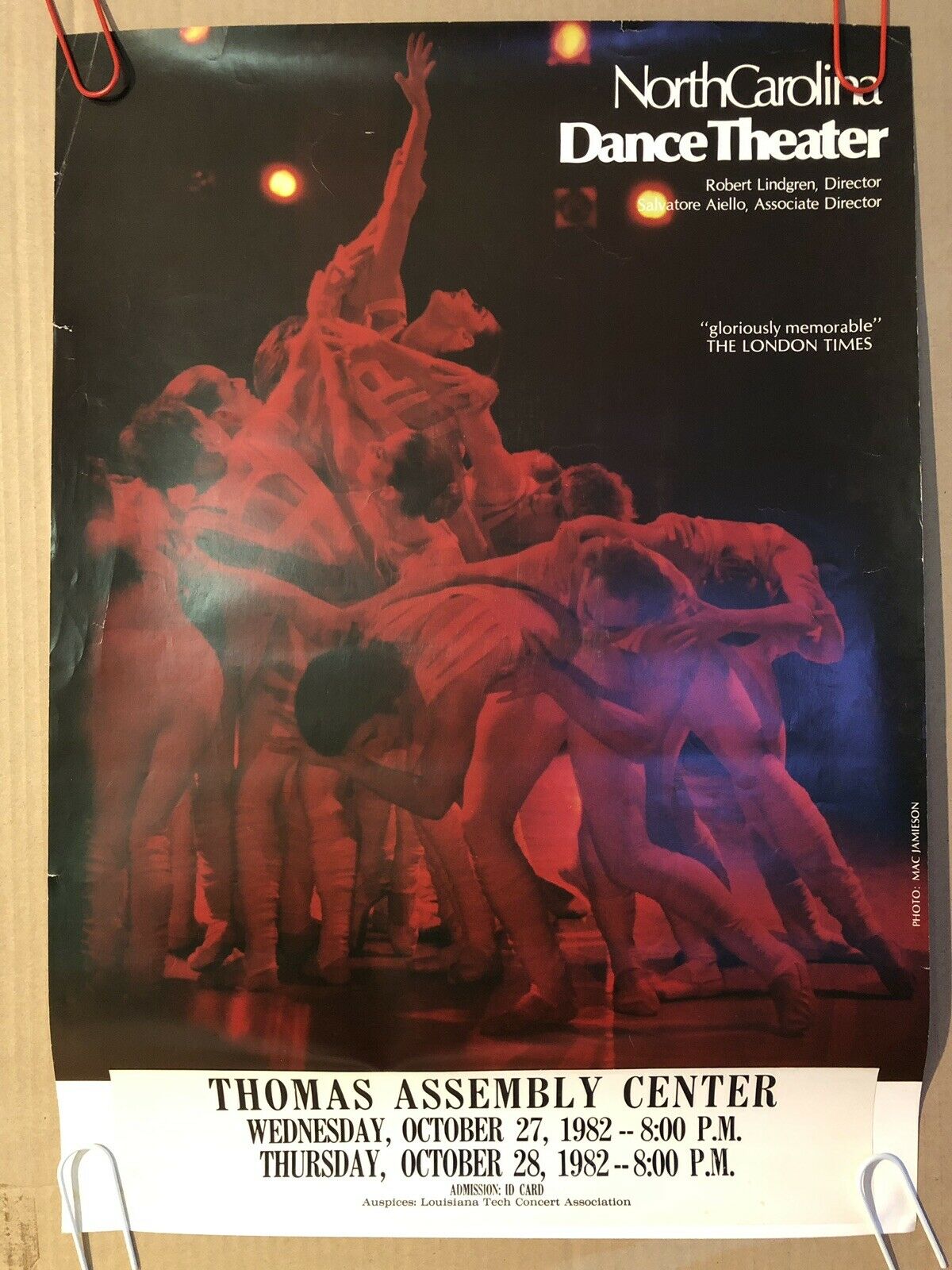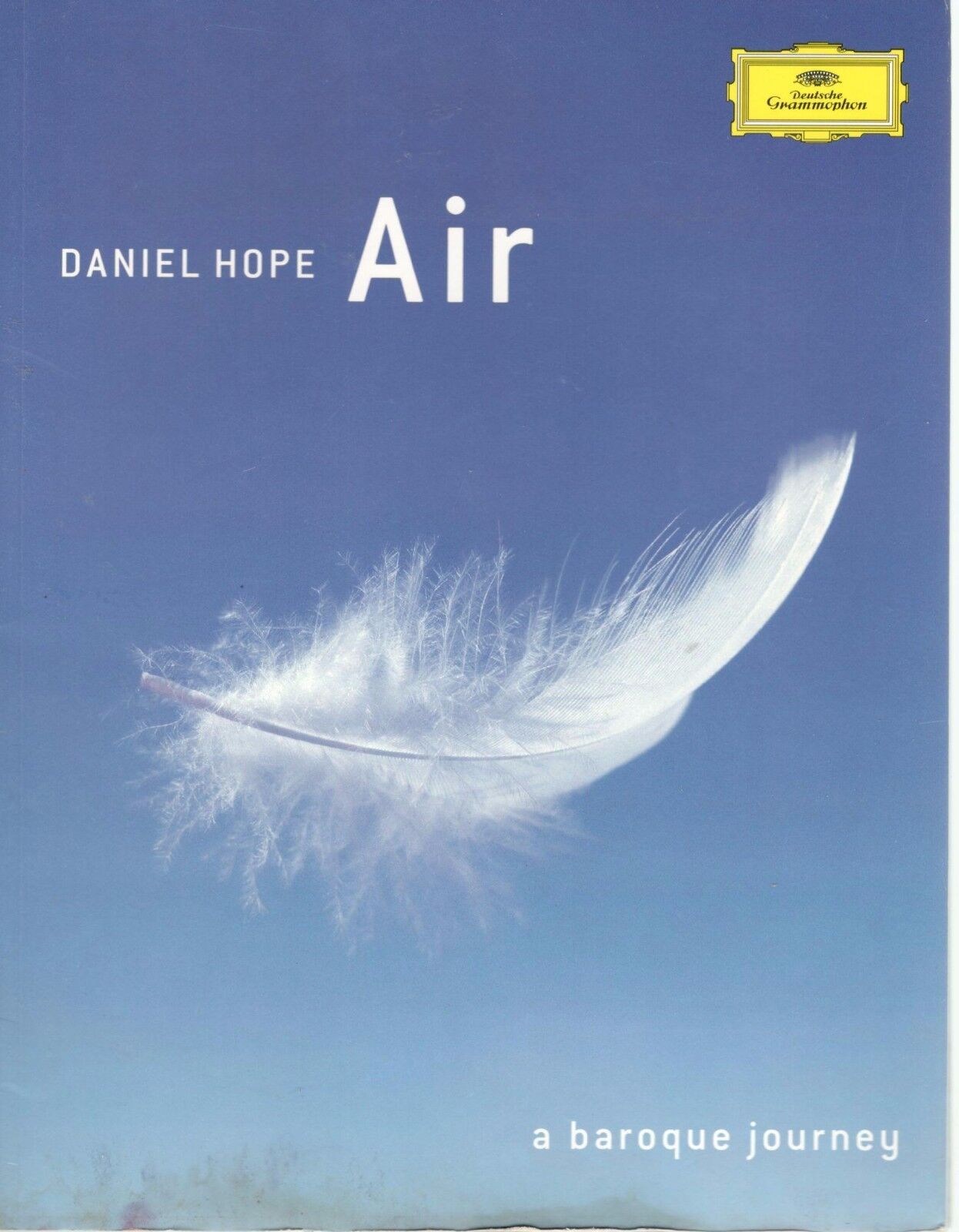-40%
1912 Russia EUGENE ONEGIN Opera Libretto Text A. PUSHKIN Music Pyotr TCHAIKOVSKY
$ 29.04
- Description
- Size Guide
Description
RUSSIAN EMPIRE. Reign of Tsar Nicholas II 1894 - 1917 Printed Matter. Art, Culture and Literature.Classical, Opera & Ballet.
Publication. Libretto.
[классика, популярное музыкальное произведение, подробное либретто оперы, провинциальное киевское издание,
"народное" издание, хорошее состояние]
Евгений Онегин. Лирические сцены в 3-х действиях и 7-ми картинах. Текст по Пушкину. Музыка П. И. Чайковского.
Подробное изложение содержания с сохранением текста всех главных арий и нумеров пения. 9-е издание, дополненное и
исправленное З. М. Сахнина. Печатано в типографии «Прогресс», Киев 1912 г. 29 [3] стр. Вертикальны формат.
Размер 8,5 х 21.2 см. Вес 20 гр. Оригинальная издательская мягкая обложка. Комплектный экземпляр.
Состояние хорошее
, блок чистый (без печатей, подписей и пометок), дефект по нижнему краю (потемнение бумаги);
обложка - мелкие надрывы по краям, помятости, подклеены бумагой несколько фрагментов; небольшие дефекты,
следы времени (смотри картинки).
[classical, popular piece of music, detailed opera libretto, provincial Kiev edition, "peoples" edition, fine condition]
Eugene Onegin. Lyrical scenes in 3 acts and 7 paintings. Text by Alexander Pushkin.
Music by Peter Tchaikovsky.
Detailed presentation of the content with the preservation of the text of all
main arias
and singing numbers. 9th edition, revised and
corrected by Z. Sakhnin. Printed at the "Progress" printing house,
Kiev 1912.
32 pages. Vertical format. Size 85 x 212 mm. Weight 20 gr.
Original publishing paperback.
Complete copy.
Fine condition
, the text block is clean
(without stamps, signatures and marks),
defect along the bottom edge
(darkening of the paper); cover - small tears along the edges,
bruises, several fragments are glued with paper;
small defects, traces of time (see pictures).
NB!
Please note that it is vintage publication, which printed 109 years ago, but not more late re-edition or modern reprint.
Евгений Онегин
- лирическая камерная опера в 3 актах, 7 картинах Петра Ильича Чайковского, на либретто
Константина
Шиловского,
по одноимённому роману в стихах
А. С. Пушкина. Премьера состоялась 17 (29) марта 1879 года
в Малом театре в Москве.
Опера написана на сюжет пушкинского «Евгения Онегина». Созданию оперы предшествовали длительные поиски оперного сюжета.
В письме к композитору С. И. Танееву Чайковский писал: «
Я ищу интимную, но сильную драму, основанную на конфликте положений,
мною испытанных или виденных, могущих задеть меня за живое».
Сюжет был подсказан почти случайно певицей Е. А. Лавровской
в мае 1877 года. В письме к брату М. И. Чайковскому композитор подробно описывает этот эпизод: "Лизавета Андреевна молчала
и добродушно улыбалась, как вдруг сказала:
«А что бы взять „Евгения Онегина“»? Мысль эта показалась мне дикой, и я ничего
не отвечал.
Потом, обедая в трактире один, я вспомнил об «Онегине», задумался, потом начал находить мысль Лавровской
возможной, потом увлекся
и к концу обеда решился. Тотчас побежал отыскивать Пушкина. С трудом нашел, отправился домой,
перечел с восторгом и провел
совершенно бессонную ночь, результатом которой был сценариум прелестной оперы
с текстом Пушкина."
Опера создавалась достаточно быстро, композитор работал над ней в Москве, в Сан-Ремо, а также в Каменке и в Глебове.
Либретто ему помогал создавать поэт К. С. Шиловский. Опера была вполне завершена, и Чайковский сообщает Н. Г. Рубинштейну:
«Я кончил оперу совершенно. Теперь только переписываю либретто и, как только все будет готово, отправлю в Москву».
С самого начала работы над оперой композитор осознавал ряд трудностей, связанных с приспособлением пушкинского сюжета
к оперному жанру. Прежде всего это касалось «несценичности» сюжета, отсутствия типовых для оперы конфликтов и сюжетных
поворотов,
а также необычного для оперы «современного» сюжета. Кроме того, смерть одного из главных героев происходит
в середине оперы,
а не в конце; опера же в целом заканчивается не эффектными событиями и массовой сценой, а диалогом-объяснением
двух действующих лиц.
Однако это не останавливало композитора, поскольку искренность, живость и поэтичность пушкинских
образов ему казались важнее всех
оперных условностей.
Ввиду своей убежденности в том, что публике будет трудно воспринимать это произведение на сцене, Чайковский обратился
к П. И. Юргенсону с просьбой заранее, до постановки оперы, издать её клавир. Тот откликнулся на пожелание композитора,
и вскоре действительно вышел в свет клавир, который был очень быстро раскуплен. Композитор писал:
"Опера эта, мне кажется,
скорее будет иметь успех в домах и, пожалуй, на концертных эстрадах, чем на большой сцене… Успех этой оперы должен
начаться снизу,
а не сверху. То есть не театр сделает её известной публике, а, напротив, публика, мало-помалу познакомившись
с нею, может полюбить её,
и тогда театр поставит оперу, чтобы удовлетворить потребность публики."
Eugene Onegin
- lyric chamber opera in 3 acts, 7 sections by Pyotr Tchaikovsky, on libretto Konstantin Shilovsky,
based on the novel of the same name in verse Alexander Pushkin. Premiered on 17 (29) March 1879 at the Maly Theater in Moscow.
The opera is based on the plot of Pushkin's "Eugene Onegin". The creation of the opera was preceded by a long search for
an opera plot.
In a letter to the composer S. I. Taneyev, Tchaikovsky wrote:
"
I am looking for an intimate, but strong drama
based on a conflict of situations,
which I have experienced or seen, that can touch me for a living."
The plot was suggested
almost by accident by the singer E. Lavrovskaya
in May 1877. In a letter
to brother M.I.Tchaikovsky, the composer describes
in detail
this episode:
“
Lizaveta Andreevna was silent and good-natured
smiled, when suddenly she said: “What to take
“Eugene Onegin ””? This thought seemed wild to me, and I am nothing did not answer.
Then, while dining in a tavern alone,
I remembered "Onegin", thought, then began to find the thought of Lavrovskaya possible, then got carried away
and by the end of the dinner made up his mind. Immediately I ran to look for Pushkin. Hardly found, set off home,
reread it with delight and spent
a completely sleepless the night that resulted in a lovely opera script with the text of Pushkin."
The opera was created quickly enough, the composer worked above it in Moscow, in San Remo, as well as in Kamenka
and in Glebov.
The libretto was helped by the poet K. Shilovsky.
The opera was completely finished, and Tchaikovsky
reports
N. Rubinstein:
“I have finished the opera completely. Now I am just rewriting the libretto and, as soon as everything
is ready, I will send it to Moscow."
From the very beginning of his work on the opera, the composer was aware of a number of difficulties associated with adapting
Pushkin's
plot to the operatic genre. First of all, this concerned the “non-stage” plot, the absence of typical conflicts and plot
twists for an opera,
as well as an unusual “modern” plot for an opera. In addition, the death of one of the main characters occurs
in the middle of the opera,
and not at the end; the opera as a whole ends not with spectacular events and a mass scene, but with
a dialogue-explanation of two characters.
However, this did not stop the composer, since the sincerity, liveliness and poetry
of Pushkin's images seemed to him more important than
all the operatic conventions.
In view of his conviction that it would be difficult for the public to perceive this work on stage, Tchaikovsky turned to
P. Yurgenson
with a request in advance,
before the performance of the opera, to publish its clavier. He responded to the wishes
of the composer,
and soon the clavier was actually published, which was quickly sold out. The composer wrote:
"This opera,
it seems to me, is more likely
to be successful in houses and, perhaps, on concert stages than on the big stage ... The success
of this opera must start from below,
not from above. That is, it is not the theater that will make it known to the public,
but, on the contrary, the audience, having gradually
become acquainted with it, may fall in love with it, and then the theater
will stage an opera to satisfy the public's need."
SHIPPING:
(registered air mail package with standard packing and tracking number).
PAYMENT:
PayPal, other methods by request. Full payment must be in during 5 working days.
Please ask all your questions before the bidding. Returns accepted on terms of eBay program.
